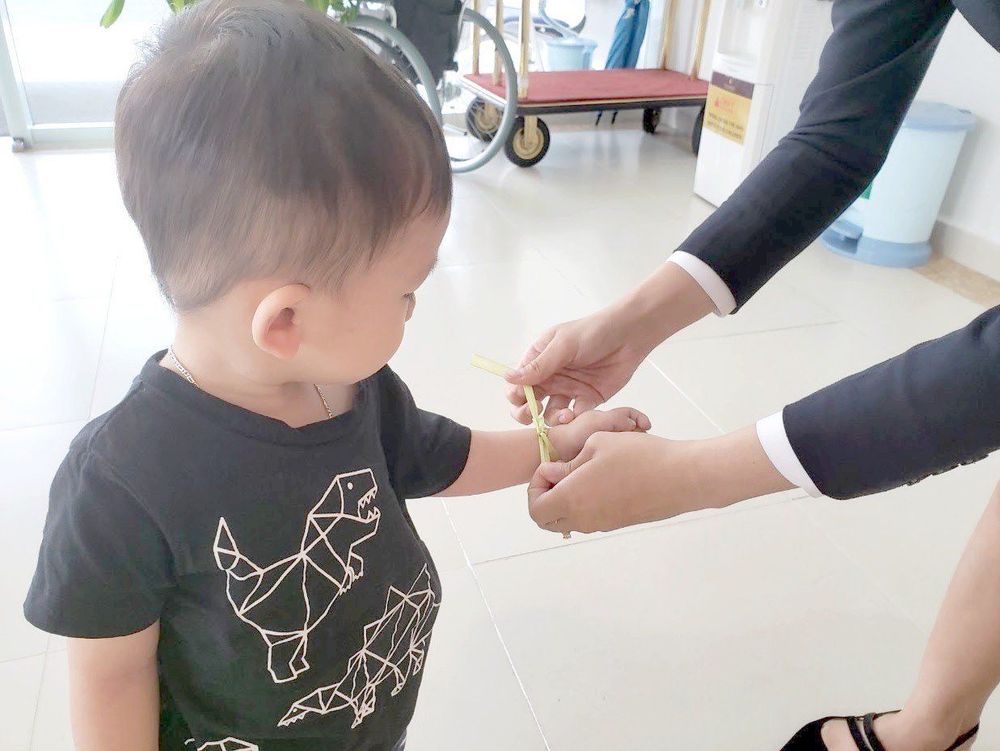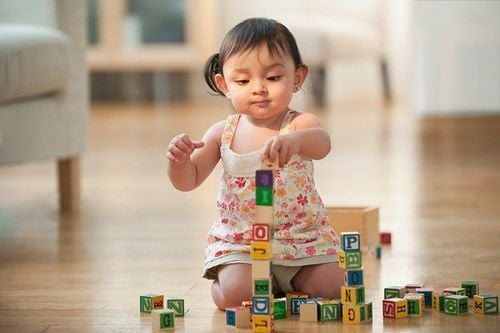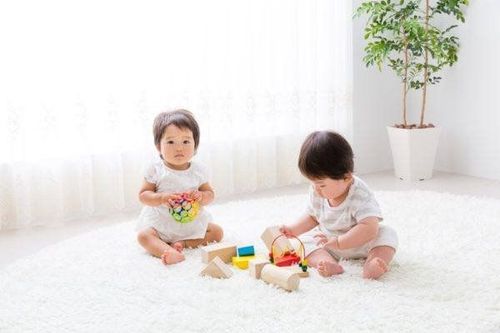This is an automatically translated article.
The article was professionally consulted with Master, Doctor Vu Quoc Anh - Pediatrician - Department of Pediatrics - Neonatology - Vinmec Danang International General Hospital.Periodic health check for children is where many parents pay special attention today. In fact, periodic health checks for preschool children are very important and necessary. So what does the health check list for a 30-month-old baby include?
1. Health check list for 30-month-old children
Health check list for 30-month-old children includes the following:Checking weight and measuring health indicators to ensure that the baby develops normally and is healthy. Measure breathing rate, check heart rate. Test vision and hearing. Measure the head circumference to check the child's brain development. Recommend immunizations that your child has missed during previous checkups. During a physical exam for a 30-month-old baby, the doctor will also answer any questions or concerns parents have about your baby's health, including how to spot signs of infection. ear infections, flu or colds. The doctor will also answer parents' questions about toilet training, discipline, and other issues related to the relationship between the child and siblings. During routine physical examination for preschool children, parents need to provide the doctor with details about the child's development, temperament, and behavior. The doctor will also order a blood test to check for anemia or lead poisoning in the blood, if the child has risk factors. The doctor will ask the parents or caregivers about plans for the child to attend preschool or participate in other organized activities. A physical exam for a 30-month-old baby also includes observing and checking the baby's gait, as well as some coordination of certain skills. Assess your child's language skills by asking him some questions.

2. Questions the doctor may ask when examining a 30-month-old baby
During the medical examination of a 30-month-old baby, the doctor may ask some of the following questions to the parents or caregivers as follows:How is the child's sleep, what time does the child sleep at night, whether nap, does the child have nightmares at night? Most babies 30 months and older sleep as late as 11 o'clock at night, and they can also have a nap that lasts as long as 2 hours. Some children may have stopped napping during the day, instead taking longer naps at night. It is important to let the doctor know if your child wakes up from a nightmare at night, as nightmares are common in children at this stage. And your doctor can give you advice on this. When doing periodic health checks for preschool children, the doctor will also ask how the child eats, does the child use a lot of sweets? Parents can limit their children's sweets at home, however, overeating can happen in kindergartens or play areas. If your child likes to eat sweets, parents need to inform the doctor for suggestions on healthy snacks for the child. During the medical examination for a 30-month-old baby, the doctor will also ask parents about how toilet training is happening? At this age, most children have learned to use the toilet, although many children may still not have good toilet habits. Your doctor can give you advice on how to reduce diaper use in your 30-month-old baby. The doctor will also ask if the parent has noticed anything unusual in the child's gait. Children's feet at this age are still developing and some problems still occur, however, they will mature and end by the time the child is about 7 years old. When examining a 30-month-old baby, the doctor is also interested in the physical activities that the child participates in. So the doctor will ask if the child has any physical activities? Because at this age, toddlers can already coordinate many motor skills because they can better control their limbs such as stacking toys, kicking balls, throwing balls, climbing on chairs, jumping in place, go up and down the stairs. Children this age are always on the go and love to explore, so make sure they get the chance to be active. To check language development during the regular physical examination for preschool children, the doctor will ask if the child is learning any new words? From the age of 30 months, most children are very interested and often ask "why" questions to find answers or to continue the conversation with others. Children are trying to learn new words every day to expand their vocabulary. A 30-month-old baby has a vocabulary of over 100 words and often uses phrases of 3-4 words. The doctor will ask directly to check the child's language ability.

Health examination for 30-month-old children is very important and necessary for parents to know the health status and development of their children so that they can have timely examination and treatment directions. Accordingly, parents should take their children to reputable specialized medical centers for the most accurate results.

Currently, children's health check-up at Vinmec has the following advantages:
The system meets international standards: Meets JCI (Joint Commission International) standards - the world's most rigorous safety standard with criteria for taking patients human-centered, committed to providing safe and quality medical care services. Modern facilities and equipment: Vinmec Hospital owns modern facilities and equipment such as PET/CT, MRI, CT 640, the world's leading modern ultrasound machine system, examination room. The medical staff is highly qualified: Before and after the examination, the doctor always consults and enthusiastically explains the examination results to the parents. Limit the use of antibiotics for children: Indiscriminate use of antibiotics has led to an alarming increase in antibiotic resistance. When the baby is sick and needs treatment at Vinmec, doctors will minimize the use for the child Besides, in order to improve service quality, Vinmec International General Hospital now offers a Health Checkup package. general health for children under 18 years of age. This is a comprehensive health check-up package, including a full range of basic functional assessment services for children such as: ear, nose and throat examination, eye examination, assessment of liver and kidney function, heart, lung, blood test, and blood test. hepatitis and nutritional status of the baby.
Please dial HOTLINE for more information or register for an appointment HERE. Download MyVinmec app to make appointments faster and to manage your bookings easily.
Reference source: babycenter.com














